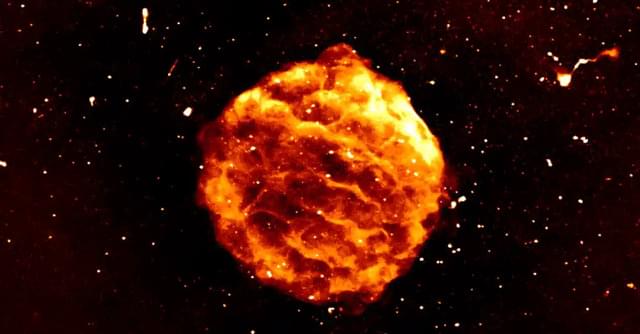Capturing details of faraway members of our universe is an understandably complicated affair, but translating these details into the stunning space images that we see from space agencies around the world is equally difficult. It is here that supercomputers step in, helping process the massive amounts of data that are captured by terrestrial and space telescopes. On August 11, that is exactly what Australia’s upcoming supercomputer, called Setonix, helped achieve.
As its first project, Setonix processed the image of a dying supernova — the last stages of a dying star — from data sent to it by the Australian Square Kilometer Array Pathfinder (Askap). The latter is a terrestrial radio telescope, which has 36 individual antennas working together to capture radio frequency data about objects that are far away in space.
Such data contains intricate details about the object being observed. This not only increases the volume of the data being captured by the telescope, but also puts increasing pressure on a supercomputer to process it into a composite image.










Comments are closed.